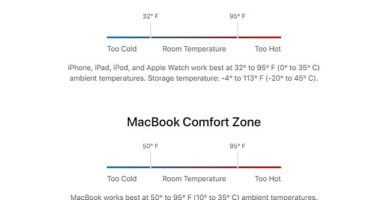FAIRY lights can take the shine off using your wi-fi, experts warn.
The strings of flickering bulbs can create electromagnetic fields which may then interfere with wireless broadband in homes and offices.
But a flash of inspiration means people can make light work of rectifying the problem — by simply moving the hub further away.
As well as being urged to be a bit wary where they put their Christmas trees, families are urged to be blinking careful with other gizmos and household appliances.
Gadgets including microwave ovens, lamps, stereo speakers, baby monitors and even some fridges emit radio waves which can also cause problems.
So too can poor wiring or placing a router too close to a neighbour’s one.
READ MORE CHRISTMAS NEWS
The problems were highlighted in research by broadband provider Zen.
A spokesperson said: “At this time of year Christmas lights are everywhere — on your tree and dotted around your home.
“Unfortunately, however, these nice shiny flashy things also emit electromagnetic radiation which can be bad for your wi-fi.
“A few lights might not have much impact, but when you have hundreds of them around your home their effects can be amplified, potentially causing interference with your wi-fi signal and, ultimately, dropped connections.”










